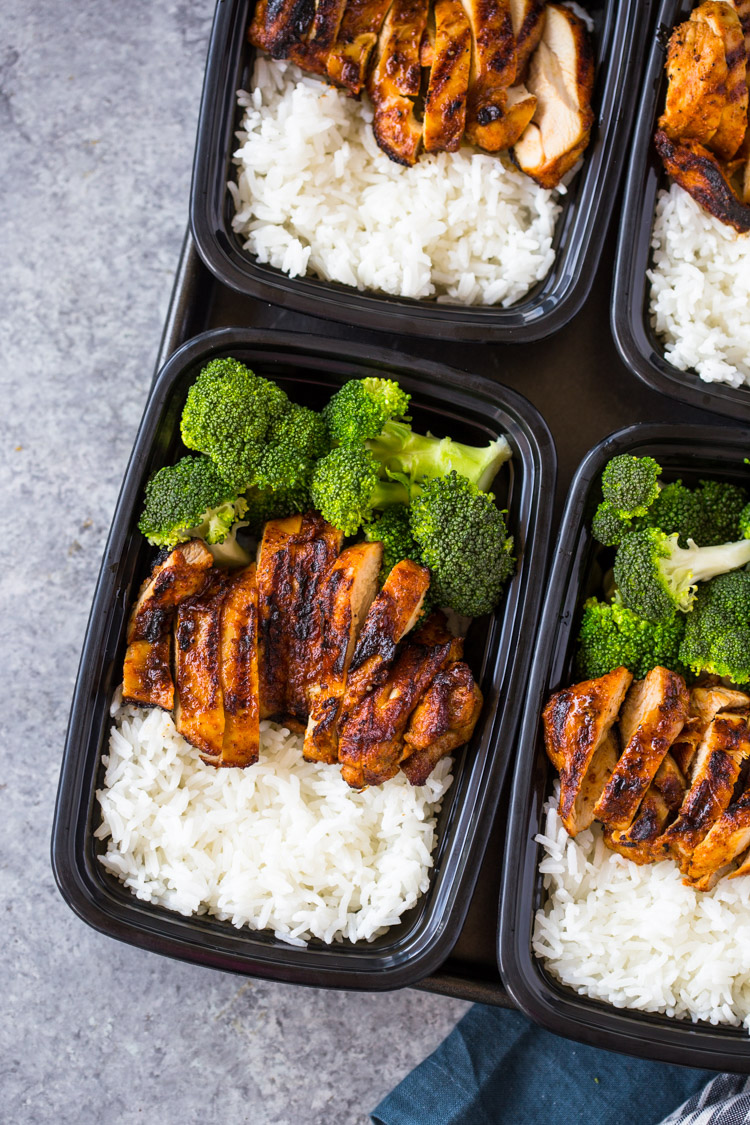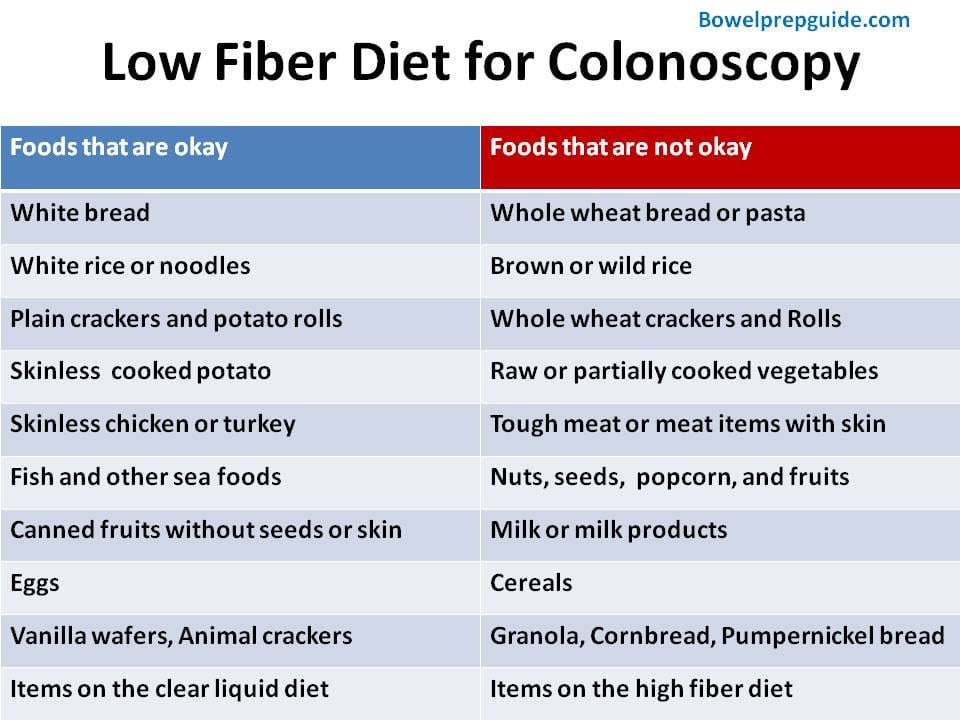
Essential Guide to GERD Diet: Discover 7 Effective Solutions for 2025
Gastroesophageal reflux disease (GERD) can significantly impact daily life, causing uncomfortable symptoms like heartburn and acid reflux. Consequently, understanding an effective GERD diet is essential for managing these symptoms and promoting better digestive health. This article will explore dietary guidelines, trigger foods, and meal planning strategies to help you alleviate GERD symptoms and embark on a journey toward healthier eating habits.
Key benefits of adhering to a GERD diet include improved digestion, reduced heartburn episodes, and enhanced overall wellness. You'll learn about nutrient-dense options, low-acid foods that support your digestive system, and mindful eating practices that can contribute to a healthier lifestyle. As you follow this essential guide, you’ll discover the right food choices, portion control techniques, and lifestyle changes to support effective GERD management.
Here’s what you'll find in this comprehensive guide:
- An overview of the GERD diet and its importance
- Effective meal planning strategies
- Seven practical solutions for managing GERD symptoms
- Insight into dietary adjustments and heartburn relief
- Useful tips for maintaining a reflux-friendly lifestyle
Let’s delve into the specifics of how a tailored GERD diet can improve your quality of life.
Understanding the GERD Diet: Fundamentals of Digestive Health
Defining GERD and Its Symptoms
Gastroesophageal reflux disease (GERD) is a chronic condition that occurs when stomach acid frequently flows back into the esophagus, causing irritation. Common symptoms include heartburn, a sour taste in the mouth, regurgitation, and difficulty swallowing. Understanding these symptoms is crucial for identifying effective dietary interventions.
The Role of Nutrition in Managing GERD
Diet plays a vital role in managing GERD. Certain foods can trigger reflux symptoms, while others can soothe the digestive system. Adopting a GERD diet that avoids these trigger foods aims to reduce the frequency and severity of reflux episodes, ultimately enhancing digestive comfort and well-being.
Key Components of a GERD Diet
The ideal GERD diet consists of low-acid foods, healthy fats, fiber-rich options, and sufficient hydration. Emphasizing whole grains, fresh produce, low-fat dairy, and lean protein sources can promote balanced nutrition and reduce symptoms. This holistic view of nutrition helps establish a clearer understanding of how food choices directly affect reflux management.
Recognizing Trigger Foods and Harmful Eating Habits
Common trigger foods for GERD include spicy dishes, acidic fruits, fried foods, and high-fat meals. Eating patterns that involve large portions or late-night snacking can exacerbate symptoms. To foster a balanced GERD diet, it's essential to identify trigger foods through careful observation and maintain a food journal for tracking meal intake and symptom responses.
The Importance of Portion Control and Meal Timing
Portion control is critical for managing GERD symptoms. Smaller, more frequent meals can aid digestion and prevent excessive pressure on the lower esophageal sphincter. Additionally, adopting a meal schedule that allows sufficient time between meals and bedtime can contribute to minimizing nocturnal symptoms.
Effective Meal Planning for GERD Management
Establishing Tailored Meal Plans
One of the best approaches to managing GERD is to develop a tailored meal plan. Consider incorporating reflux-friendly recipes that include low-acid ingredients, healthy fats, and protein sources while limiting spicy, fatty, and acidic foods. This custom approach ensures that meals are both delicious and appropriate for those dealing with GERD.
Creative Cooking Techniques for Low-Acid Meals
Cooking methods can significantly influence the acidity levels of meals. Gentle techniques such as steaming, baking, and grilling help retain the nutritional quality while ensuring that meals are GERD-friendly. Avoiding frying and minimizing the use of high-acid ingredients when cooking can also boost digestive comfort.
Incorporating Fresh Produce and Fiber-Rich Foods
A diet rich in fresh fruits and vegetables is crucial for digestive health. Foods high in dietary fibers, such as whole grains, legumes, and leafy greens, help promote healthy digestion while preventing constipation, which is beneficial for individuals with GERD. Experimenting with different fiber-rich options can add variety to meals while improving health outcomes.
Practical Tips for Meal Prep and Hydration
Meal preparation is a strategic component of successful GERD management. Preparing meals in advance can minimize the temptation of fast food or high-acid choices when hunger strikes. Additionally, maintaining adequate hydration is vital. Drinking water throughout the day helps dilute gastric acid and can mitigate heartburn symptoms.
Exploring Healthy Snack Options
Healthy snacks are essential in a GERD diet plan. Focus on GERD-friendly snacks such as oatmeal, whole-grain crackers, or yogurt with fresh fruit. Being proactive with snacks helps maintain energy levels and keeps hunger in check without resorting to trigger foods.
Seven Practical Solutions to Enhance GERD Management
Solution 1: Mindful Eating Practices
Mindful eating involves being aware of your food choices and consumption patterns. Focusing on your meals can improve digestion, promote portion control, and enhance satisfaction. Dedicating mealtime to eating without distractions can create a relaxing environment while minimizing the risk of overeating.
Solution 2: Understanding Your Unique Triggers
Each individual's experience with GERD is different. Identifying personal trigger foods through an elimination diet or food diary can help tailor dietary choices to alleviate symptoms more effectively. By understanding how specific foods interact with your body, you can make informed decisions about your diet.
Solution 3: Incorporating Anti-Inflammatory Foods
Adopting an anti-inflammatory diet is advantageous for those with GERD. Foods rich in antioxidants, such as berries, nuts, and fatty fish, may help reduce inflammation in the digestive tract, thereby improving overall health and minimizing reflux symptoms. Make an effort to include a variety of these foods in your meal planning.
Solution 4: Monitoring Alcohol and Caffeine Intake
Avoiding alcohol and caffeine is often necessary for managing GERD symptoms effectively. Both substances can relax the lower esophageal sphincter and contribute to acid reflux. Limiting or eliminating these beverages from your diet can lead to significant improvements in symptom management.
Solution 5: Exploring Herbal Remedies and Supplements
Herbal remedies and supplements can be beneficial for alleviating GERD symptoms. Herbal teas, like chamomile or ginger, may provide digestive support and help soothe irritation in the esophagus. However, it's important to consult with a healthcare provider before introducing new herbs or supplements to ensure they align with your dietary needs.
Solution 6: Practicing Stress Management Techniques
Stress can contribute to GERD symptoms, making it crucial to adopt techniques for managing stress levels. Practices such as yoga, meditation, or deep breathing exercises can create a sense of calm and promote healthier eating habits. Finding a routine that resonates with you is vital for long-term success in managing GERD.
Solution 7: Tracking Progress and Adjusting as Needed
Regularly tracking your dietary habits and symptom patterns can provide valuable insights into managing GERD. Using a food journal allows you to identify trends and make necessary adjustments to your eating patterns or meal planning strategies. Monitoring your progress empowers you to take control of your health.
Q&A: Common Questions About the GERD Diet
What foods should I avoid on a GERD diet?
Common trigger foods include citrus fruits, spicy dishes, fatty and fried foods, chocolate, alcohol, and caffeinated beverages. Minimizing these foods can help reduce GERD symptoms.
How can I improve digestion naturally?
To improve digestion naturally, incorporate fiber-rich foods into your diet, stay well-hydrated, and practice mindful eating habits. Gentle cooking methods aid digestion, and maintaining regular meal times is also beneficial.
Are there any supplements that help with GERD symptoms?
Supplements such as probiotics can support gut health, while digestive enzymes may aid in digestion. It's advisable to consult with a healthcare professional for personalized recommendations.
How important is portion control for managing GERD?
Portion control is essential for managing GERD symptoms. Large meals can place pressure on the lower esophageal sphincter, leading to reflux. Eating smaller, more frequent meals can alleviate this issue.
Is it necessary to follow a strict GERD diet?
While it's beneficial to adhere to a GERD diet, maintaining balance is crucial. It’s possible to indulge occasionally while being mindful of food choices, portion sizes, and individual sensitivities. A tailored, flexible approach can enhance long-term adherence to healthier eating patterns.
For more information on effective GERD management strategies and nutritious recipes, explore these resources: Gastroesophageal Reflux Disease: Comprehensive Overview and Balanced Nutrition for Digestive Wellness.

In conclusion, approaching a GERD diet thoughtfully can significantly improve your quality of life and enhance digestive health. By implementing practical solutions, understanding trigger foods, and making mindful eating choices, you can effectively control symptoms and embrace a healthier lifestyle.
